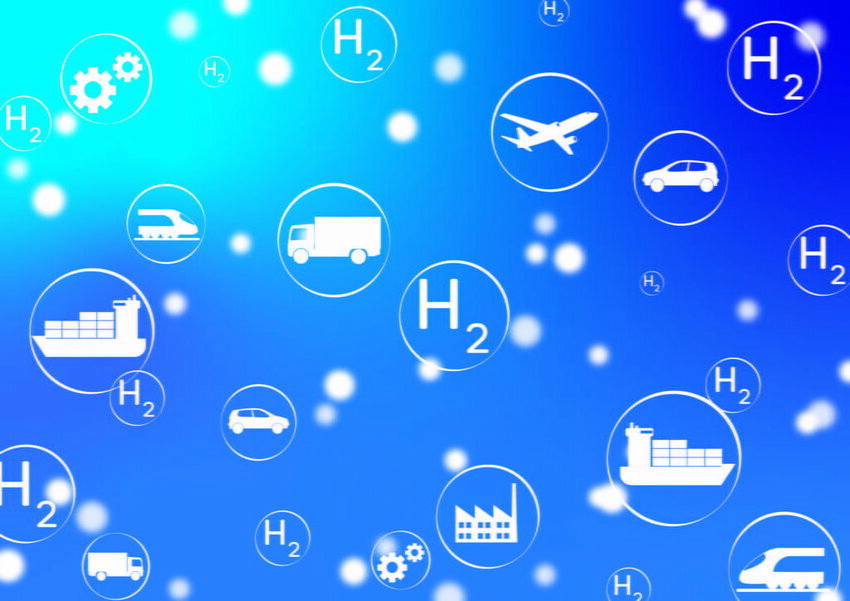 (Credit: Pixabay)
(Credit: Pixabay)The United States Department of Energy is looking to create regional clean hydrogen hubs across the country as part of a $7 billion program.
The initiative, called H2Hubs, is a piece of the larger $8 billion hydrogen hub program established through the Bipartisan Infrastructure Law. The DOE says the program will be one of the largest investments in the agency’s history.
Additionally, the DOE released a draft of the National Clean Hydrogen Strategy and Roadmap for public review. The roadmap gives an overview of the potential for hydrogen production, transport, and storage in the US, and shows how the clean fuel can help advance the nation’s decarbonization goals.
The roadmap calls for 10 million metric tons of clean hydrogen to be produced annually by 2030, up to 50 million metric tons a year by 2050. The DOE says using clean hydrogen can reduce US emissions by 10% based on 2005 levels by 2050. The roadmap is expected to be finalized in the next few months and updated every three years.
The International Energy Agency estimates hydrogen-based fuels will represent up to 60 gigatons of carbon dioxide reductions over the next three decades. An increased focus on using hydrogen is seen in a variety of energy transitions, from transportation to solidifying grid stability. In the US, expansive projects like one by SoCalGas in California, are aiming to significantly expand hydrogen infrastructure.
The DOE plans to select six to 10 hubs for the H2Hubs project. It says additional funding may be available to expand the network of clean hydrogen projects in the US.
It is looking for input from businesses, communities, scientists, engineers, and others to help accelerate the development and deployment of technologies to help advance clean hydrogen as an energy source. Hydrogen can be produced from energy sources such as wind and solar, or by using methane while capturing carbon to reduce emissions. The DOE says hydrogen’s flexibility makes it an important component of the Biden Administration’s goal for a carbon-free grid by 2035 and net-zero emissions by 2050.
The H2Hubs effort is one piece of a range of DOE initiatives currently taking place. The department recently said it would make expanding the use of geothermal energy in the US a priority, plans to begin distributing more than $225 million in infrastructure law funds to states for building efficiency, and has distributed $58 million for projects to decarbonize industrial operations and advance clean energy manufacturing.
Concept papers to be a part of the H2Hubs program are due Nov. 7, 2022, and full applications are due by April 7, 2023.